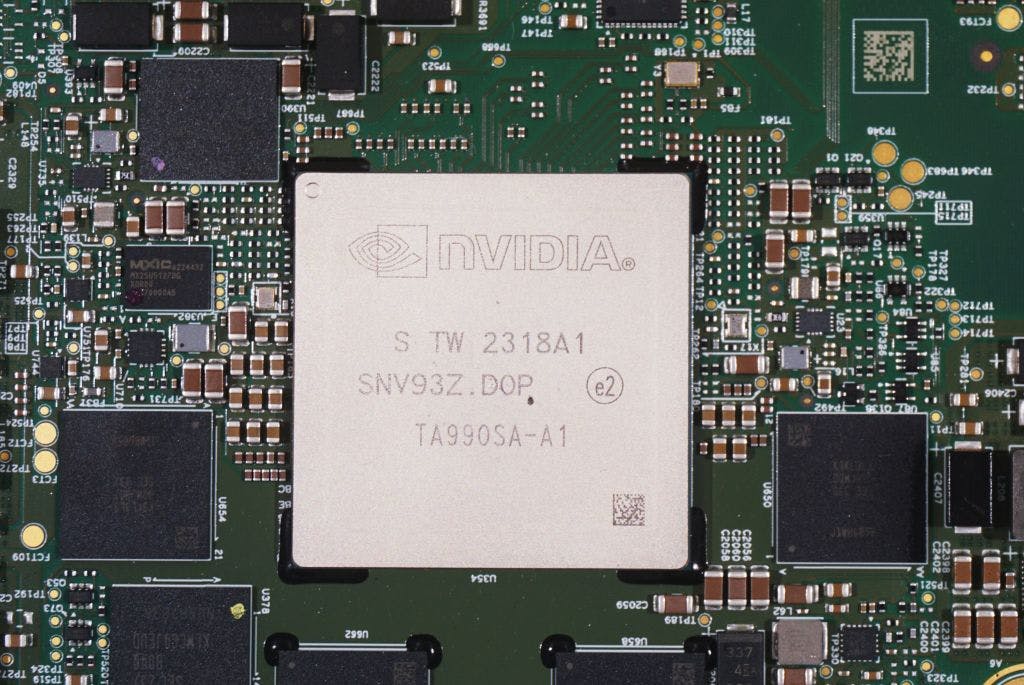According to GIMPS, this is the first time a prime number was not found by an ordinary PC, but rather a “‘cloud supercomputer’ spanning 17 countries” that utilized an Nvidia A100 GPU chip to make the initial diagnosis. The primary architect of this find is Luke Durant, who worked at Nvidia as a software engineer for 11 years



This is the first such prime that was discovered using GPU cloud computing. It’s not just an incredible new discovery, but also a demonstration of what this type of hardware network may be capable.
I didn’t use to do this, but with the world being on fire I feel like I should ask whether the amount of energy put into finding huge primes is really worth it.
Why is anything worth the effort?
Cause research into primes makes computer security stronger. Cause research in general can make new discoveries that can lead to unexpected improvements in life.
Cause we need to know the answer to everything.
Cause it’s better than mining crypto or doing AI training models over and over.
I used to be all on board with that, but seeing what a colossal waste of resources AI is, I’ve come to question other efforts like this one or calculating pi to a trillion digits. The trigger here for me was the use of GPUs, which I’ve come to associate with AI waste. Sure, I know they’re just a tool. But I still don’t see what value will come from knowing ever bigger prime numbers.
https://youtu.be/zsyGRDrDfbI
New math came out of it, they figured out more and more efficient ways to figure out the solution to “is this prime?”
Those same math techniques can be used for other problems, and possibly learn something that solves a problem you actually care about.
Research is important because you never know what weird problem someone is working on might solve. Maybe it will provide a new math solution that creates better CGI, maybe it’ll finally create a technique to solve fusion.
Maybe it’ll just be something that we know now that we didn’t know before. There are FAR FAR FAR more wasteful things in the world than some nerds trying to solve big prime numbers.
Widening the technology gap for a species of upright locusts intent on destroying the only place we exist.
I’d rather see anything that shows we’re not just cave-people with gadgets.